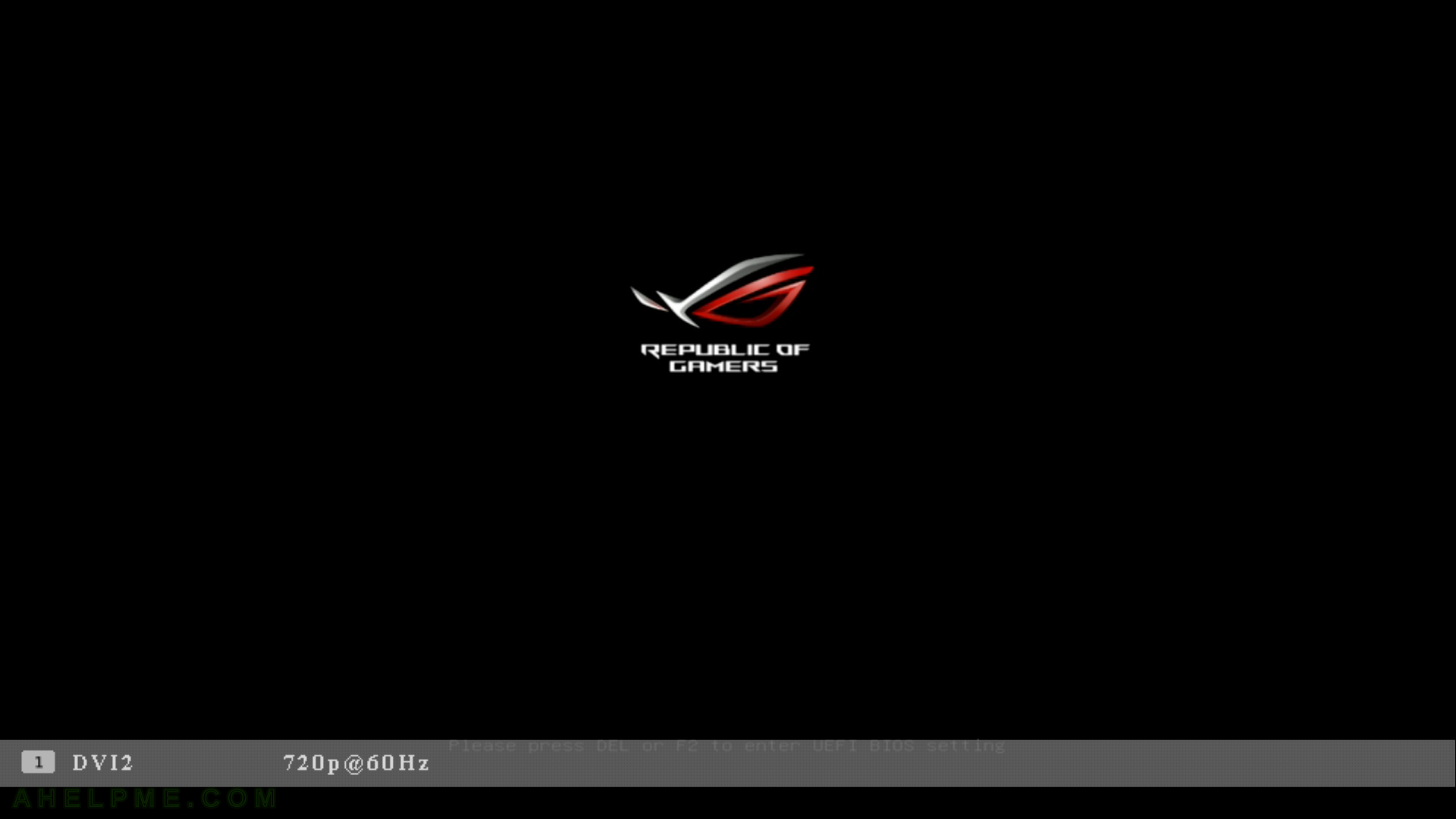Most cases this error happens after you updated the GNU GCC (this update triggers the error, but it might be not the problem)! This was the case with us we updated the GNU GCC and then wanted to update QT libraries and several packages were built OK, but then this error occurred when compiling dev-qt/qtgui.
x86_64-pc-linux-gnu-g++ -c -march=haswell -O2 -fomit-frame-pointer -pipe -std=c++1z -fvisibility=hidden -fvisibility-inlines-hidden -fno-exceptions -Wall -W -Wvla -Wdate-time -Wshift-overflow=2 -Wduplicated-cond -Wno-stringop-overflow -D_REENTRANT -fPIC -DQT_NO_USING_NAMESPACE -DQT_NO_FOREACH -DENABLE_PIXMAN_DRAWHELPERS -DQT_NO_NARROWING_CONVERSIONS_IN_CONNECT -DQT_BUILD_GUI_LIB -DQT_BUILDING_QT -DQT_NO_CAST_TO_ASCII -DQT_ASCII_CAST_WARNINGS -DQT_MOC_COMPAT -DQT_USE_QSTRINGBUILDER -DQT_DEPRECATED_WARNINGS -DQT_DISABLE_DEPRECATED_BEFORE=0x050000 -DQT_NO_EXCEPTIONS -D_LARGEFILE64_SOURCE -D_LARGEFILE_SOURCE -DQT_NO_DEBUG -DQT_CORE_LIB -I. -I../../include -I../../include/QtGui -I../../include/QtGui/5.11.2 -I../../include/QtGui/5.11.2/QtGui -I.tracegen -isystem /usr/include/libdrm -isystem /usr/include -isystem /usr/include/qt5/QtCore/5.11.2 -isystem /usr/include/qt5/QtCore/5.11.2/QtCore -isystem /usr/include/qt5 -isystem /usr/include/qt5/QtCore -I.moc -isystem /usr/include/libpng16 -I../../mkspecs/linux-g++ -o .obj/qaccessible.o accessible/qaccessible.cpp
distcc[8024] (dcc_build_somewhere) Warning: failed to distribute, running locally instead
In file included from /usr/lib/gcc/x86_64-pc-linux-gnu/8.2.0/include/g++-v8/bits/stl_algo.h:59,
from /usr/lib/gcc/x86_64-pc-linux-gnu/8.2.0/include/g++-v8/algorithm:62,
from ../../include/QtCore/../../src/corelib/global/qglobal.h:142,
from ../../include/QtCore/qglobal.h:1,
from ../../include/QtGui/../../src/gui/kernel/qtguiglobal.h:43,
from ../../include/QtGui/qtguiglobal.h:1,
from ../../include/QtGui/../../src/gui/image/qimage.h:43,
from ../../include/QtGui/qimage.h:1,
from image/qimage_sse4.cpp:40:
/usr/lib/gcc/x86_64-pc-linux-gnu/8.2.0/include/g++-v8/cstdlib:75:15: fatal error: stdlib.h: No such file or directory
#include_next <stdlib.h>
^~~~~~~~~~
compilation terminated.
distcc[8012] ERROR: compile image/qimage_sse4.cpp on localhost failed
make: *** [Makefile:2414: .obj/qimage_sse4.o] Error 1
make: *** Waiting for unfinished jobs....
In file included from /usr/lib/gcc/x86_64-pc-linux-gnu/8.2.0/include/g++-v8/bits/stl_algo.h:59,
from /usr/lib/gcc/x86_64-pc-linux-gnu/8.2.0/include/g++-v8/algorithm:62,
from ../../include/QtCore/../../src/corelib/global/qglobal.h:142,
from ../../include/QtCore/qglobal.h:1,
from ../../include/QtGui/../../src/gui/kernel/qtguiglobal.h:43,
from ../../include/QtGui/qtguiglobal.h:1,
from ../../include/QtGui/5.11.2/QtGui/private/../../../../../src/gui/kernel/qtguiglobal_p.h:54,
from ../../include/QtGui/5.11.2/QtGui/private/qtguiglobal_p.h:1,
from ../../include/QtGui/5.11.2/QtGui/private/../../../../../src/gui/painting/qdrawhelper_p.h:54,
from ../../include/QtGui/5.11.2/QtGui/private/qdrawhelper_p.h:1,
from painting/qdrawhelper_sse4.cpp:40:
/usr/lib/gcc/x86_64-pc-linux-gnu/8.2.0/include/g++-v8/cstdlib:75:15: fatal error: stdlib.h: No such file or directory
#include_next <stdlib.h>
^~~~~~~~~~
compilation terminated.

